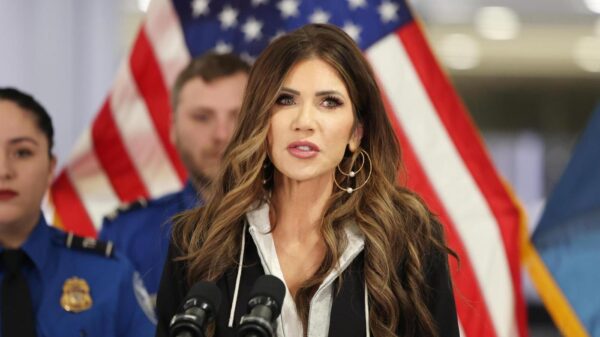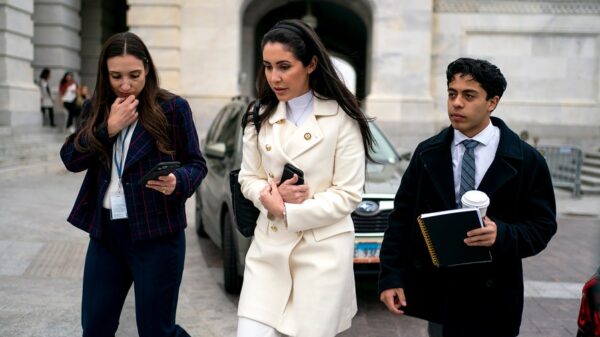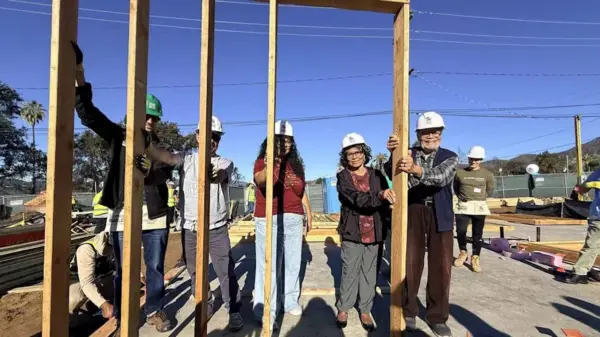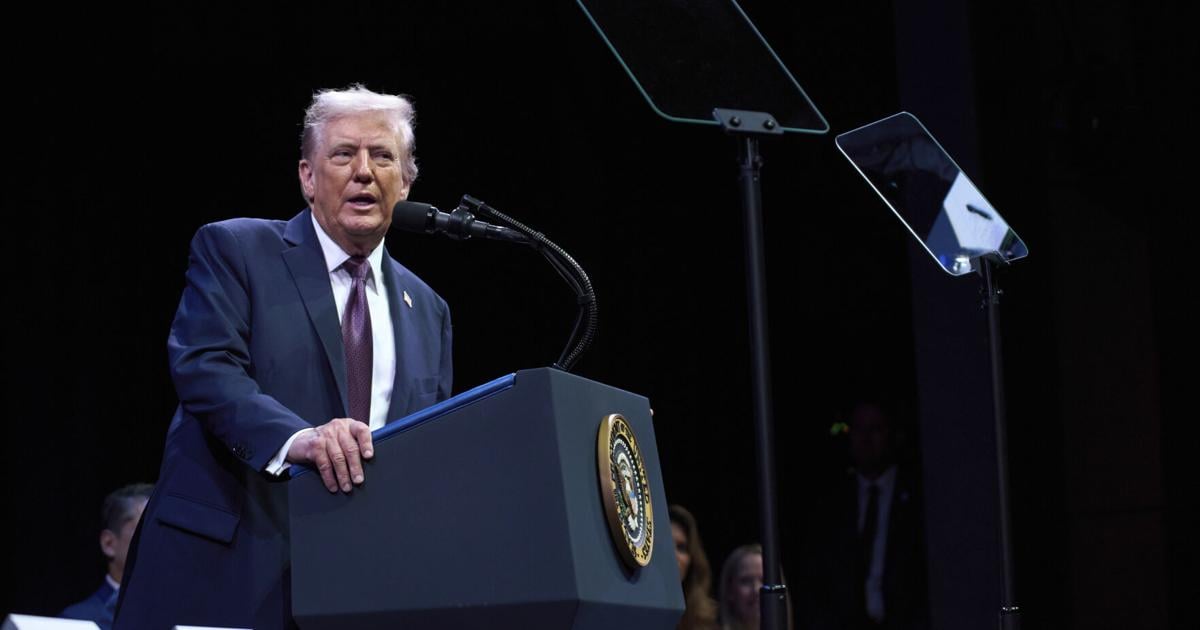International students hoping to study in the United States face significant barriers due to restrictions imposed by former President Donald Trump‘s travel ban. This policy has left many aspiring scholars stranded, despite their efforts to secure admission to American colleges and universities.
One such student, Saghari, 21, dedicated years to mastering English, practicing for up to eight hours a day. She received an offer to study business administration at a private liberal arts college in Illinois, aiming to begin her studies this fall. However, her plans were derailed when the travel ban was enacted. “You think that finally you are going to your dream, and then something comes up and like, everything’s just gone,” Saghari remarked, capturing the frustration felt by many students affected by the ban.
The travel restrictions encompass citizens from 19 countries, causing a ripple effect on thousands of students who have invested considerable time and money to pursue education in the U.S. The delays in visa applications have created a backlog, leaving many students unable to commence their studies despite having secured admission. This situation is compounded by a broader immigration crackdown, leading some to reconsider their plans entirely.
According to data from the U.S. State Department, last year saw the issuance of over 5,700 F-1 and J-1 visas to individuals from countries impacted by the travel ban between May and September. More than half of these visas were granted to citizens of Iran and Myanmar.
For Pouya Karami, a 17-year-old student from Shiraz, Iran, the U.S. remains the top choice for higher education due to its unmatched research opportunities in science. Karami planned to study polymer chemistry at Pittsburg State University in Kansas but has had to defer his admission until next year because of the travel ban. He is actively preparing for his embassy interview and reaching out to U.S. politicians, advocating for the removal of the travel restrictions. “I’m doing everything I can about it,” he stated, embodying the determination of many international students.
The travel ban specifically affects citizens from 12 countries, blocking most individuals from obtaining new visas. While some exceptions exist for green card holders and dual citizens, the policy remains a formidable barrier for many. Trump justified the travel restrictions by citing high visa overstay rates and national security concerns, claiming that the screening processes of certain countries are “deficient.”
The impact of the travel ban extends beyond academic aspirations. In Myanmar, the family of an 18-year-old student, who asked to be identified as Gu Gu, prioritized his education, saving diligently to support his dream of studying abroad. His acceptance to the University of South Florida was met with excitement from his family, but a sudden announcement about the U.S. travel ban dashed his hopes. Gu Gu, who has watched many of his peers join the military or resistance groups amid ongoing civil unrest, expressed his disappointment. “I was all in for U.S., so this kind of breaks my heart,” he said, highlighting the emotional toll of the situation.
Saghari’s journey reflects the challenges faced by many students. After postponing her visa interview appointment in Pakistan, she ultimately canceled it due to the travel ban. Despite applying to universities in Europe, she encountered additional difficulties, including the requirement to retake an English proficiency test. Currently, she has been accepted to a Polish university, contingent on her paying tuition upfront while her application undergoes review.
The ramifications of the travel ban are not limited to students like Saghari and Gu Gu. Amir, a 28-year-old Iranian researcher, found himself unable to travel to the U.S. for a visiting scholar position at the University of Pennsylvania. Instead, he continued his work in Tehran while grappling with the disappointment of missing out on a fully funded research opportunity. Although his appointment has been postponed to next year, Amir remains uncertain about the future. “You lose this idealistic view of the world,” he reflected. “And then you learn that, no, maybe people don’t want you there. That’s kind of hard to deal with.”
As international students navigate these complexities, many are exploring alternative options for their education. The outlook remains uncertain as they await changes in U.S. immigration policy and opportunities to pursue their dreams abroad. The experiences of students like Saghari, Karami, Gu Gu, and Amir underscore the profound impact of the travel ban on lives and futures, calling into question the accessibility of education in the U.S. for those seeking a better life.






































































